|
Pianoscapes no. 50 is fast approaching, and I'm playing music by Beethoven... Not something I would usually do. I first heard the music of Beethoven via his piano sonatas, on the album in the picture above - when I was a small child in the 1970s - at some point my parents thought it a good idea to own a Beethoven piano sonata album. Why, I wonder? I dunno, but the music was a totally immersive experience for my young and hungry imagination - it was overflowing with moods, ideas and energy. What is this?? And then, as an older child, probably in early teens - 1980s now - trying to play some of that same music. I think it was my sister that brought this book of the sonatas into the house; an old book, bound at the spine with what looked like packing tape and with home-made stencilling on the cover... The excitement of being able to read the music, and to make it happen for real, live - the 'Moonlight'! The 'Pathetique'! And later, when another (different) album of Beethoven piano sonatas appeared in my parents record collection, becoming acquainted with the 'Waldstein' sonata and trying to play that too. Wow! Powerful, exciting stuff.
performed to an audience (c.1985? The only secondary school concert that I took part in, I think!). I guess it's just one of those pieces that every pianist has to play, and to know. And, goddammit, these sonatas are just beautiful. Whatever you think of 'classical music', this guy writes a damn good melody and knows how to create a drama. But the outer movements of the Pathetique are a bit more of a challenge, and take more work. Beethoven wrote it in 1798, when he was just 27 years old. Like the 'Moonlight' sonata, it's one of the most celebrated piano works in 'the canon', and the title refers to the due to the tragic and expressive nature of the music. It was written at a time when keyboard pieces needed to be interchangeable for either the (older instrument) harpsichord, or the (newfangled) pianoforte, and when you consider this music as a harpsichord piece - as I did only recently - it changes everything... It makes perfect sense, but it sure pulls the rug out from under you (well, it did me). Factor into this the bizarre but vaguely plausible ideas about tempo promoted by Wim Winters on Youtube (see his channel 'Authentic Sound'), and new approaches to the music of Beethoven present themselves. I had always avoided these sonatas as projects to get stuck into and really work at, being as they are the 'go to' pieces for aspiring virtuosi (ie. not me!), and rather 'obvious' choices; my preferences are for the paths less trodden, the more obscure music that needs playing because nobody else is playing it. But in August I decided to return to the 'Pathetique' and work on it with focus; to see it with new eyes and hear it with new ears; and to try and bring a more creative and interpretive sensibility to it than I would have previously allowed myself, being 'indoctrinated' as I was by those vinyl records of my childhood, into believing that there was only one way to approach this music. The volume above is the second set of the Beethoven sonatas that has come to me so far in my lifetime (I have Vol II as well as the pictured Vol I - 'the works'!). It's been good having it back on the music stand every day over the past few weeks. The usual signs and portents have been in evidence to support my activities in this Beethovenian direction. Two examples: (1) after playing through the sonata one evening in our accommodation in the west of Ireland, mid-August, the next day we went into a music shop in the locality... to be greeted by the sound of the 2nd movement of that same sonata, accompanied by the sound of waves on the shore - some new-age re-calibration of Ludvig's original.... (2) This, unprompted, on FaceAche, a few days ago, from an ex-colleague from the SUAC days... In conclusion - as a result of all this, I've been reappraising the piano sonatas of the late great LvB. As Alfred Brendel has written: “We pianists are fortunate to have the chance to follow the path of his 32 piano sonatas… Who else offers the range from comedy to tragedy, from the lightness of many of his variation works to the forces of nature that he not only unleashed but held in check? And which master managed, as Beethoven did in his late music, to weld together present, past and future, the sublime and the profane?”
|
Details
Archives
September 2022
Categories |
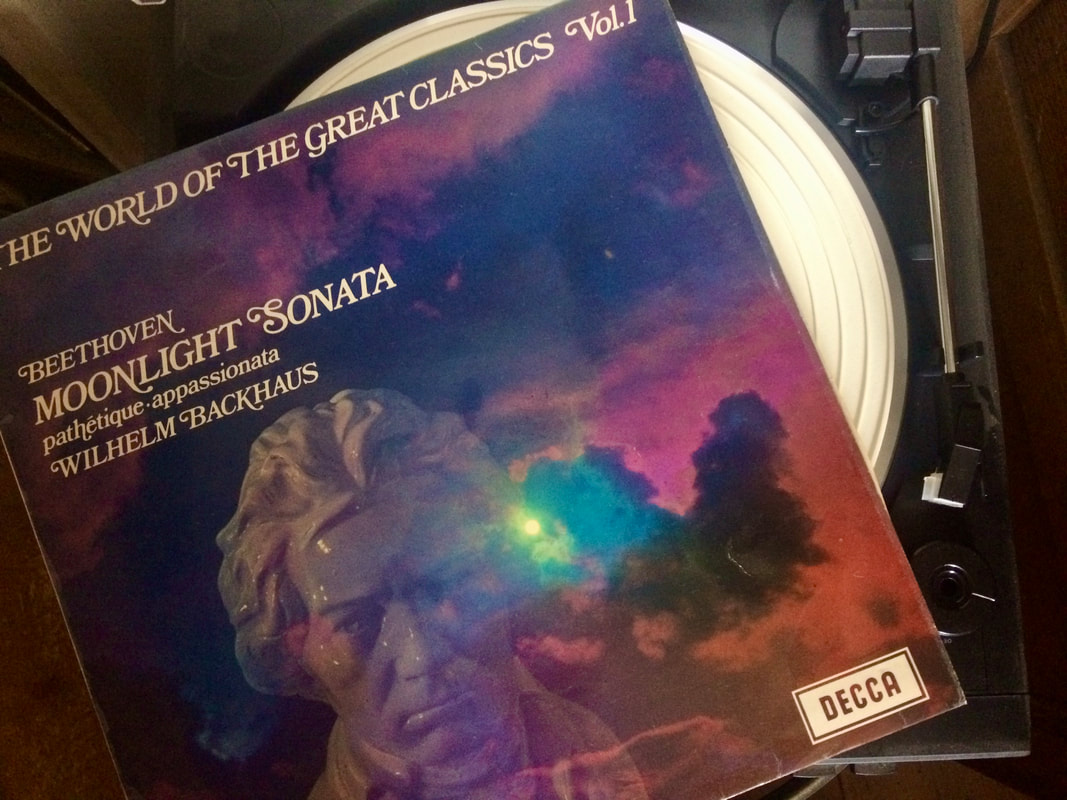
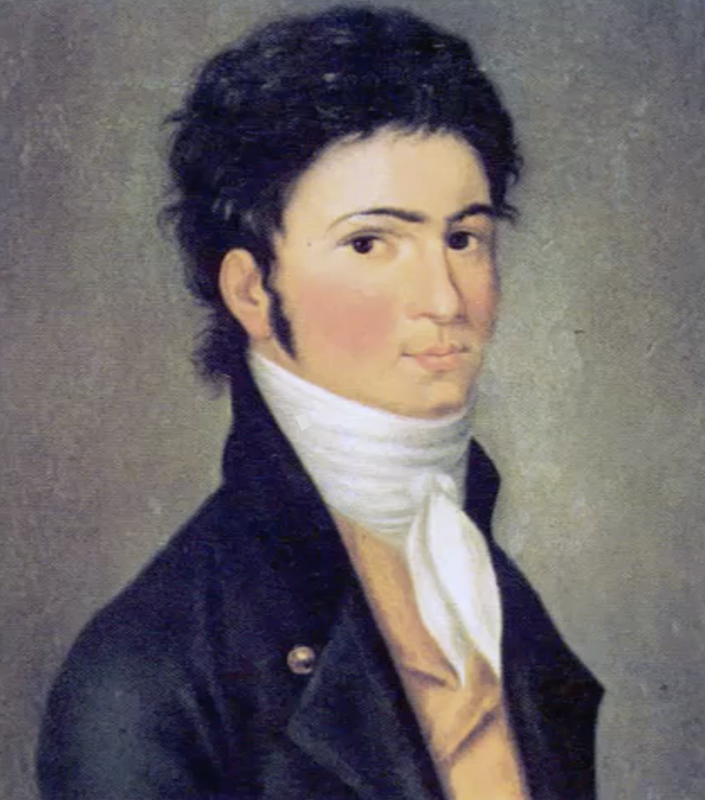
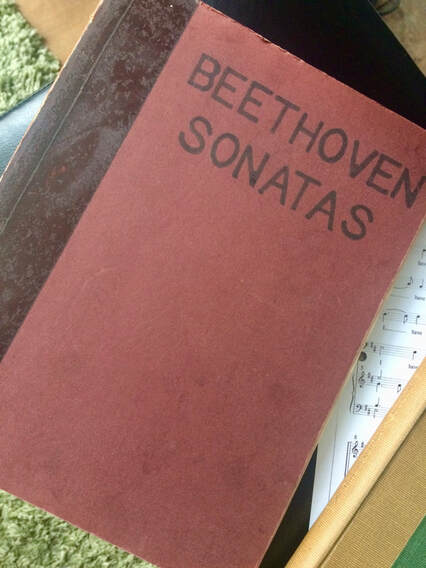
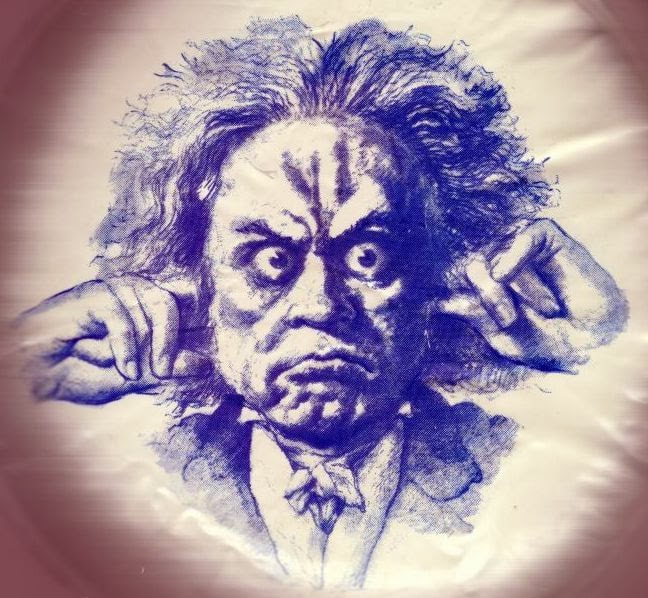
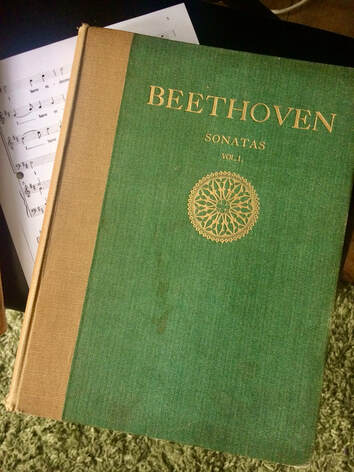
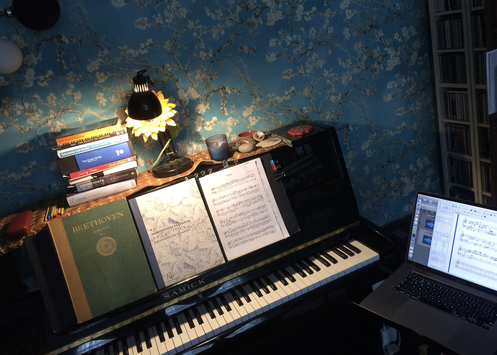
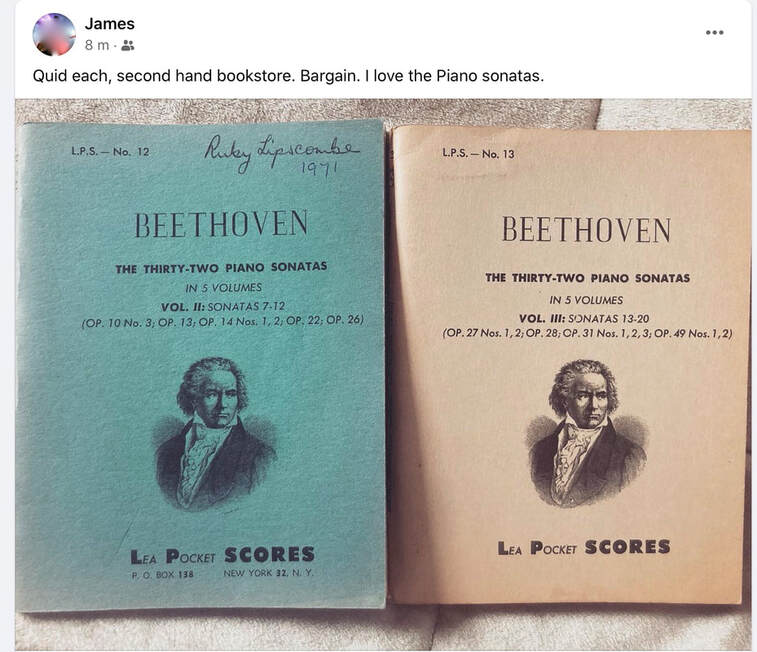
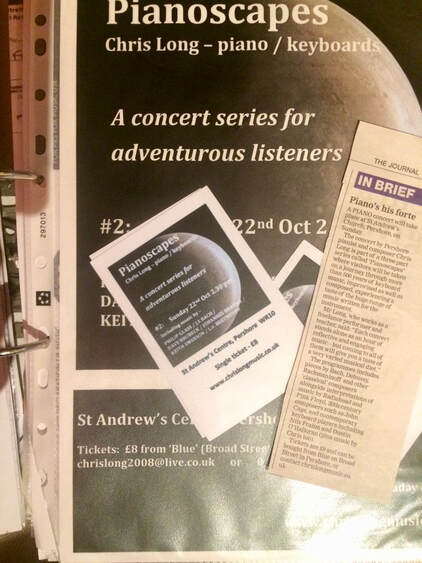
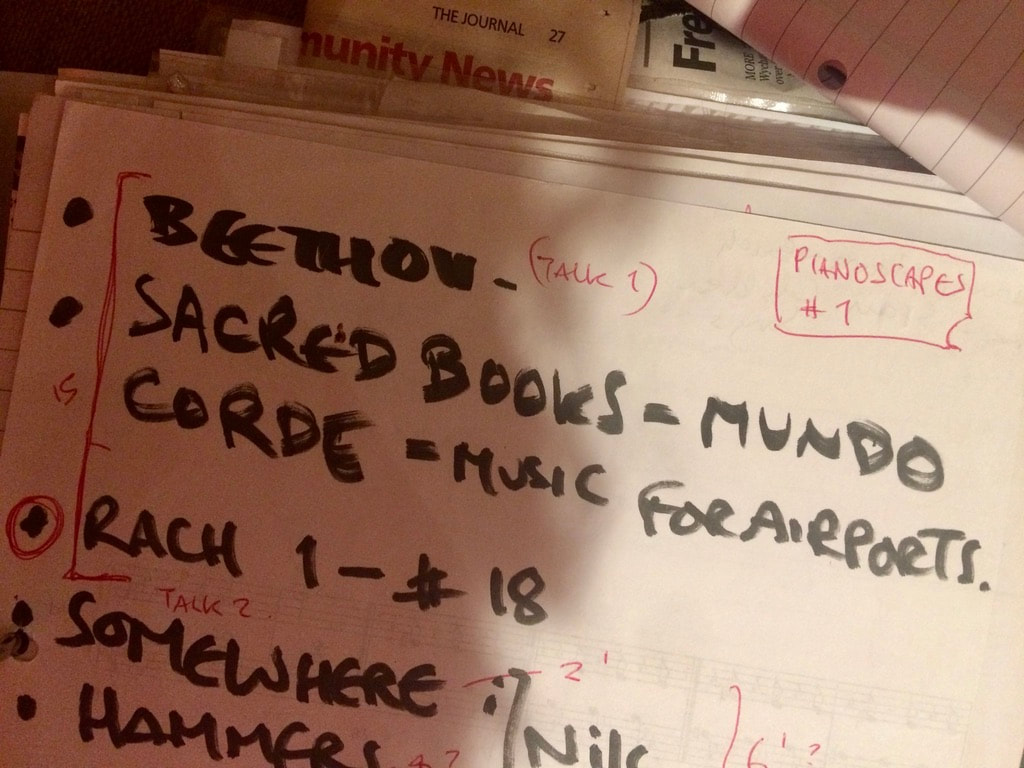
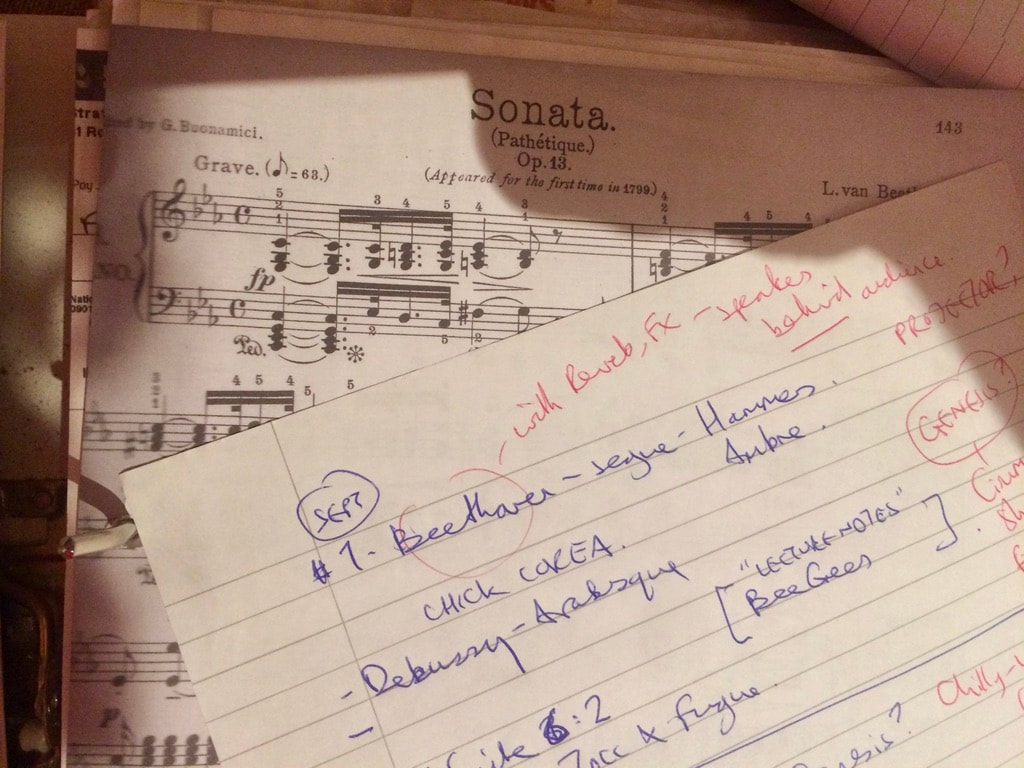
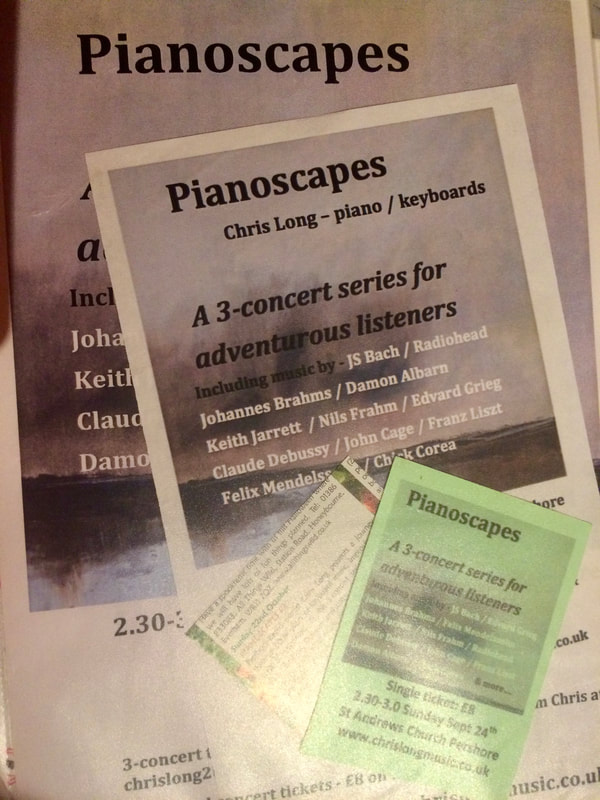

 RSS Feed
RSS Feed
